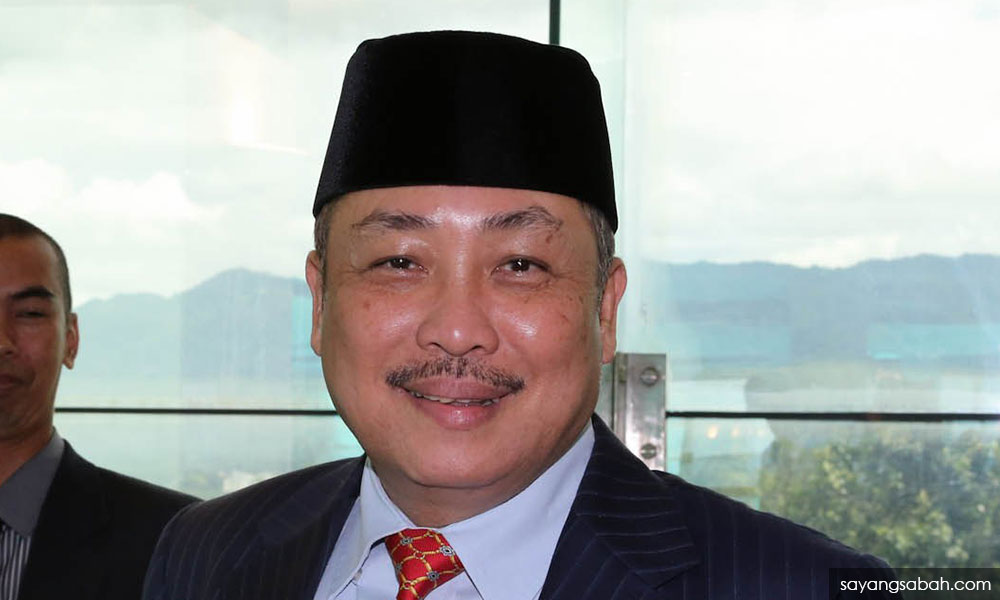Sabah’s ruling party Warisan today expressed the hope that the peninsula-based Bersatu would keep its word not to spread its wings to Sabah as per a “sibling agreement” reached at the 14th general election last year.
Warisan president Mohd Shafie Apdal said Bersatu had stated that there was no necessity for the party to have a presence in Sabah with Warisan being in the state and this matter had been discussed with the top leadership at the central level.
"The support of the Sabah bumiputeras for Warisan, with the cooperation of the Pakatan Harapan coalition, is huge enough,” he said, adding that this cooperation had enabled the parties to win parliamentary and state seats in the east and west of Sabah.
Bersatu is a component party of Harapan, along with PKR, DAP and Amanah.
Speaking to reporters after attending a Chinese New Year gathering at the residence of businessperson Uncle Chang in Semporna today, Shafie commented on the statement by Sulaman assemblyperson Hajiji Noor that Bersatu would spread its wings to Sabah soon.
Shafie, who is the Sabah chief minister, said the need to maintain the cooperation between Harapan and Warisan had been conveyed to the state Harapan leaders.
"I am aware that DAP has been long in Sabah and that it represents the Chinese community while PKR is a multiracial party. We need their cooperation for the sake of the multiracial population in the state,” he said.
Hajiji reportedly said yesterday that Bersatu would spread its wings to Sabah soon and that the former Umno elected representatives who were independents now would not return to Umno but continue with their cooperation with the Gabungan Bersatu Sabah (GBS) coalition.

In December last year, Hajiji (above), who was the Sabah Umno chairman, resigned from Umno along with 13 other elected representatives and 21 divisional chiefs, and the elected representatives chose to be independents.
‘Don’t play the race card’
On a separate matter, the chief minister reminded all quarters not to play the race card, saying it could be the basis for disunity in the state.
He made the call after commenting on what he said were attempts to use racial sentiments following dissatisfaction over the appointment of native chiefs.
He explained that the appointment of individuals to positions, for example native chiefs, was done based on educational qualifications, a clean record of service and the involvement of the local population.
“For example, the appointment of the Tawau native chief is appropriate for he has lived in Tawau for more than 40 years. With the appointment of someone, we want to unite the people and not see the individual as not being a native,” he told reporters.
Shafie said the method of appointment of individuals as native chiefs was fair and the priority was the suitability of the candidate and whether he could assist the local people.
“We feel that if we appoint a Chinese in a Chinese area, it will facilitate understanding. Don’t tell me we should appoint a Bajau to head the Dusun community in the Keningau area; surely we have to appoint a Dusun.
“This is one of our approaches but it does not mean that other races have no quota; that’s why we look at the qualification in the case of some places,” he said.
He said that for example, the Balung assemblyman hailed from Kalabakan but was an elected representative in the Tawau area because of his capabilities.
- Bernama

